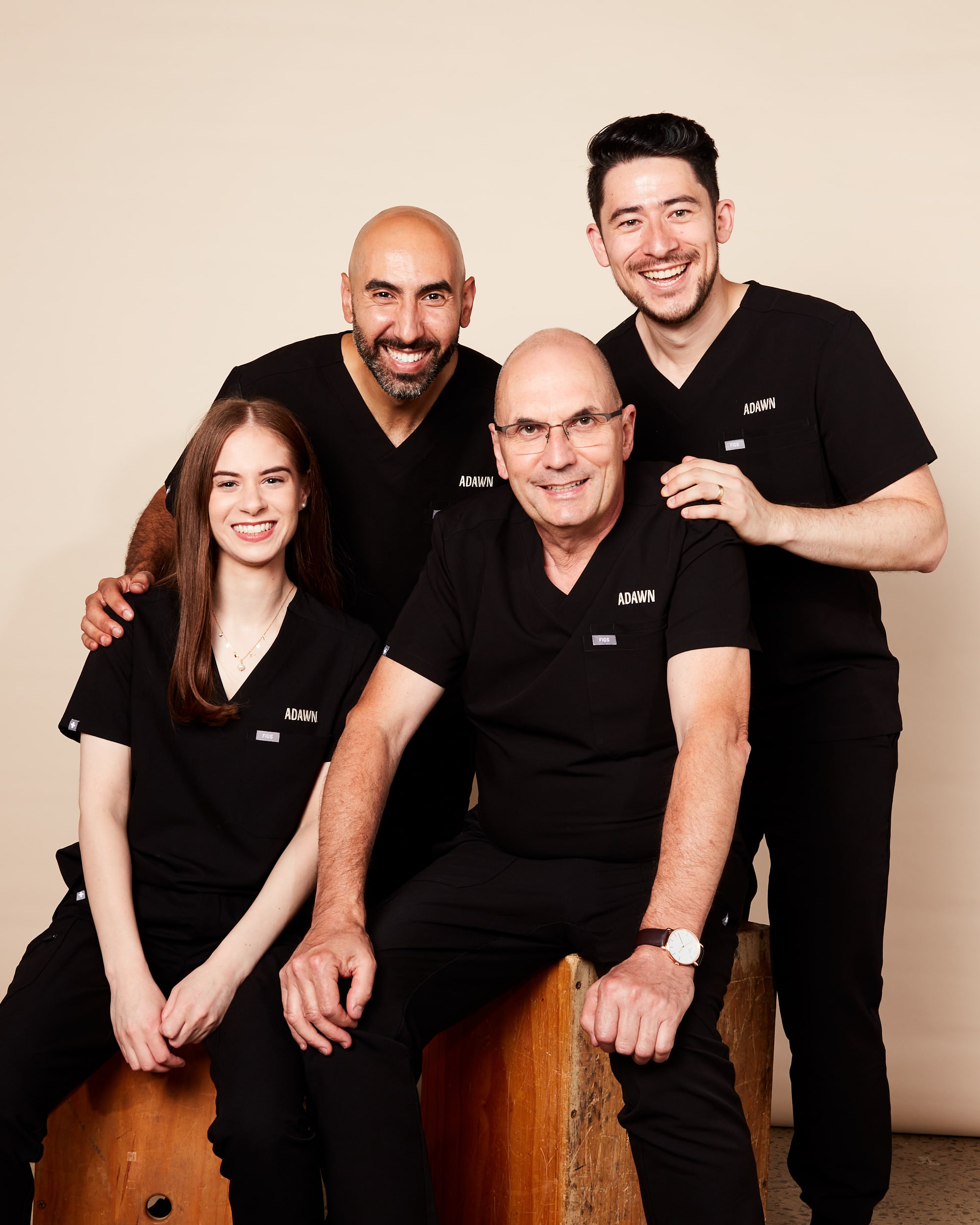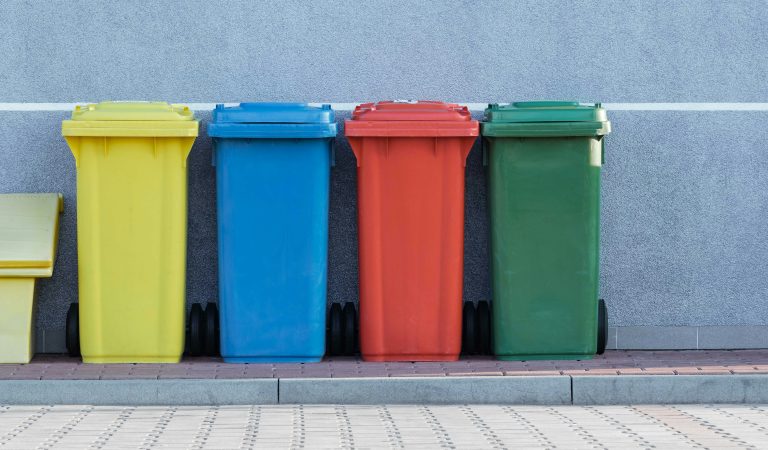Maintaining Oral Health in Your Golden Years
As we grow old, we must take care of our dental health like we used to when we were younger. However, some circumstances could limit our abilities to look after our dental health, including mobility problems and age-related memory loss, resulting in missed appointments. Involving your family to maintain good oral health practices may help.
With good senior dental care, you can avoid common problems like toothaches, tooth loss, and gum disease. More than that, with a healthy set of teeth, you can never lose that charming smile that keeps you young and vibrant despite your age.
Why Seniors Should Take Care of Your Teeth
Tooth loss makes you old and unattractive. That’s why you must look for a dental care provider who can give you the proper recommendations about dental needs. As of 2023, there are 185,897 dentists in the United States, enough to cater to the growing dental needs among the senior population.
Meanwhile, as reported by the Australian Institute of Health and Welfare, there are 18,883 registered dentists in Australia as of 2020. There are enough Dental services in Brunswick specializing in senior dental care, among others. This level of accessibility in an inner-city suburb in Melbourne makes the country capable and acclaimed for providing inclusive dental care to residents.
Besides this, there are many crucial reasons seniors should look after their dental health. Once you identify these reasons, you will be urged to take steps toward maintaining healthy dental practices beneficial to your overall health.
Tooth Decay
Seniors are prone to dry mouth. This is because of some medications they are taking, like antidepressants, asthma, and high blood pressure medications. Dry mouth results in increased bacteria in your mouth, thus resulting in plaques that develop into cavities, responsible for tooth decay.
Tooth Loss
According to the Centers for Disease Control and Prevention (CDC), one out of 5 adults 65 and older have lost their teeth. This entails that tooth loss is a common condition among seniors. While this may be normal, tooth loss can affect seniors’ nutrition since they cannot chew fresh food options, resulting in decreased nutrient intake.
Gum Disease
CDC also revealed that 2 out of 3 adults 65 and older suffer from gum diseases. Periodontitis, or severe gum disease, is common among seniors. This condition can cause tooth loss, chewing problems, sore and bleeding gums, and toothache, among many other symptoms.
Many seniors don’t know they have the condition until the worst symptoms manifest. The good thing is that this condition can be prevented and diagnosed with regular dental check-ups and good oral hygiene.
Diabetes
Poor oral hygiene may lead to oral bacterium that can inflame the tissues in the mouth and inside the body, weakening the body’s ability to control blood sugar and utilize insulin.
Heart Disease
According to the American Academy of Periodontology, the inflammation caused by gum disease may result in more complicated health problems like heart disease. Moreover, seniors with gum disease were twice as likely to have a stroke. This is due to the hardening of large arteries within the brain. If you have existing heart problems, gum disease may also worsen your condition.
Pneumonia
Seniors who smoke are prone to developing bacterial pneumonia. This results from the bacteria that travels from the mouth to the lungs when you breathe. To lower the risk of this type of pneumonia, family members or caregivers must maintain good oral hygiene for those seniors who can’t care for themselves.
Oral Cancer
The risk for oral cancer increases with age. In addition, in many cases, seniors who smoke tobacco, cigarettes, or pipes are prone to oral cancer.
Dental Care Tips
Seniors are more at risk of oral conditions because of their age. This is why seniors and their families should work together in maintaining good oral hygiene, thus promoting oral health and overall quality of life for the elders.
For your reference, we have compiled an extensive list of dental care tips tailored to seniors.
● Brush your teeth daily
Some dentists recommend brushing your teeth after meals, but most would ask senior patients to brush twice daily, for a full two minutes each time. Also, use toothpaste with fluoride. For improved brushing techniques, dentists may also recommend electric toothbrushes. Whether using the standard or electrical toothbrush, change the brush head at least once every three months since bristles would wear out and may not be suitable for your teeth after this period.
Dentists would likely recommend to seniors a toothbrush with soft bristles. However, hard bristles may be advised for seniors with certain oral conditions.
● Visit the dentist for checkups
Seniors should book a dentist appointment for cleaning as directed by the dentist or recommended twice a year. This ensures the monitoring of oral health, preventing the progress of any oral problems. This way, you won’t have to wait for the worst symptoms to happen before you can get your diagnosis.
In addition, if you are using dentures, your dentist can advise regarding adjustments or changes of dentures in case it’s giving you pain, discomfort, and trouble.
● Floss daily
To reduce the risk of gum disease and cavities, flossing daily may help. If you have bridges or other hardware in your teeth, ask your dentist how to floss it to guide you through the right process.
● Take Calcium Supplements
It may be not easy to consume the right amount of calcium intake as we age. This is why it’s essential to take calcium supplements. Additionally, seniors are prone to osteoporosis, which breaks down the bones around the teeth. By taking calcium supplements, you can avoid osteoporosis and confidently maintain a strong set of teeth.
● Use Mouthwash
Besides your brushing and flossing routine, make sure to use antibacterial mouthwash two times a day. The recommended sequence is to floss, brush, and gargle with mouthwash. Use alcohol-free mouthwash for a gentle, clean feel.
● Drink Lots of Water
Seniors are prone to dry mouth, which leads to enamel erosion. Drinking 64 ounces of water a day can help you avoid dry mouth. Consider factors like body weight, climate, and energy output for your desired water intake.
● Avoid sugary foods and drinks
To avoid tooth decay and gum disease, avoid sugary foods and drinks. If you can’t help but eat a tiny piece of sweet dessert after dinner, brush your teeth thoroughly before going to bed.
Takeaway
As repetitively emphasized, you are vulnerable to many oral problems as you age. With the proper guidance of a dental healthcare professional, you will be able to identify and resolve oral health issues as early as possible. So, make it a routine to visit your dentist for regular checkups and prevent any oral issues before they worsen.




